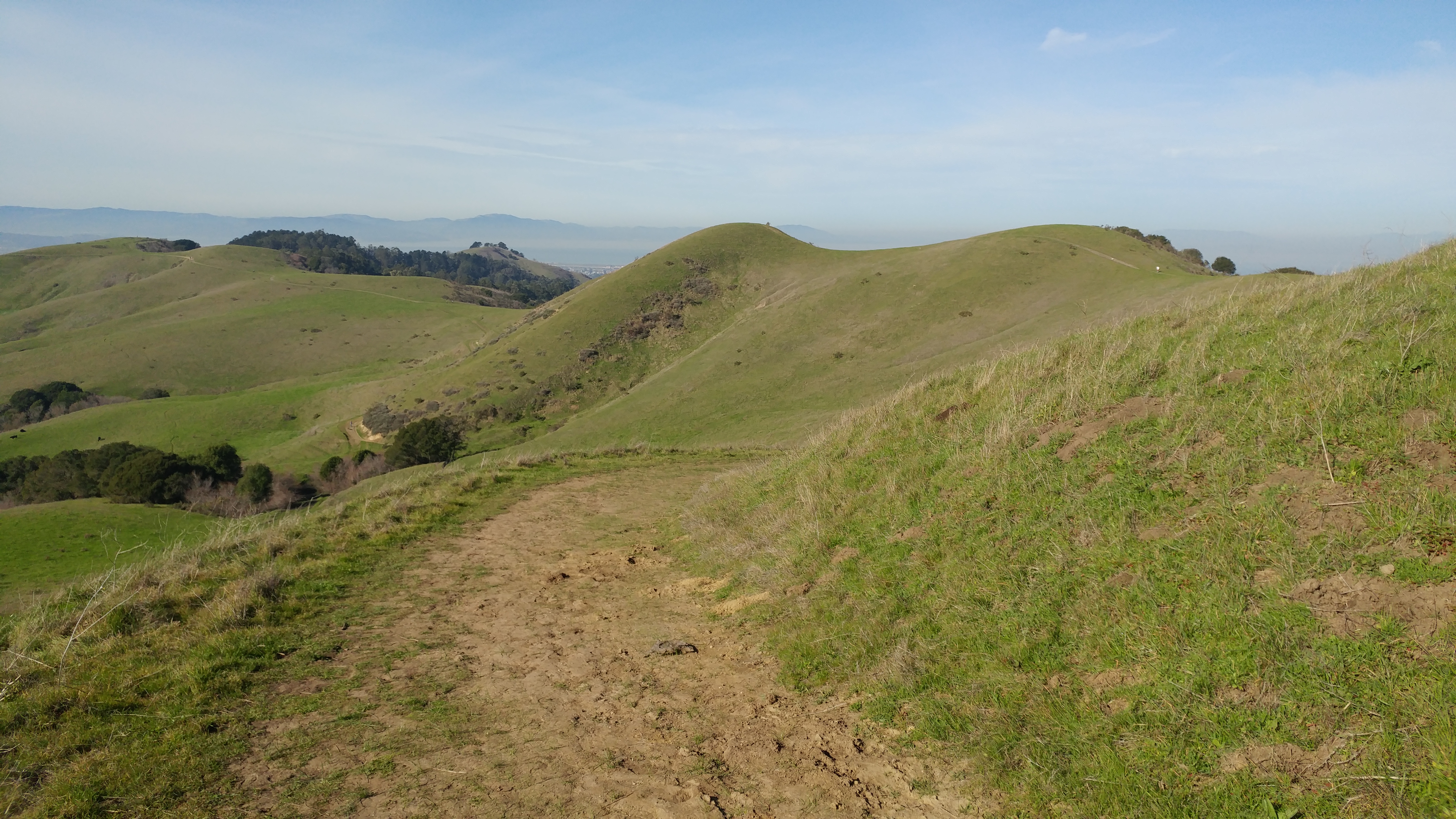A Digital Detox

I am taking a 30-day break from all social networks starting today.
I’m doing this for several reasons.
- To reset my habits.
- To avoid mindless distraction.
- To focus on relationships.
- To improve in conversation.
- To consume quality.
- To produce more.
- To observe and document (not critique) how many interactions are diluted by distraction.
Smartphones are amazing tools, with wide-ranging impact. They govern so many of our personal interactions.
I am constantly looking at my phone.
Everyone is looking at their phone.
I’m not turning off my phone completely, but am consciously rejecting the dopamine sugar-hit distraction of social media to focus on more meaningful interactions.
We use our smartphones for many reasons:
- To communicate. Phone calls, text, chat, email.
- To get information. Physical directions, weather forecasts, a google search, restaurant recommendations.
- To take action. Order an uber, book an Airbnb, buy dogfood on Amazon.
- To record photos and video.
- To be entertained and distracted. Play games. Watch sport. Listen to music and podcasts. Read blogs. Social media. Comment, like, argue, rage.
None of these activities are inherently good or bad. The smartphone is a wonderful invention. It give us instant access to information and an infinite number of utilities.
And there is no going back. We will never return to a world without smartphones and more advanced technologies. So this is not some luddite complaint about the impact of technology.
But in thinking about the impact of screens on our lives – the black mirrors – and all the ‘advances’ they bring, I see a few downsides relative to ‘how things worked before’. Again, this is not a complaint about the impact of technology. It’s an observation of one the downsides that accompany the many benefits.
Two obvious challenges:
- A lack of context. Someone head-down using their phone could be mindlessly scrolling Facebook. Or they could be chatting with a parent dying of cancer; responding to a critical work task; shopping for groceries; or watching porn. All you see is someone looking down at their phone. Does it affect you? Well yeh, if you’re in the middle of conversation or dinner and they’re looking down at a screen. Two of those possibilities might be reasonable interruptions. The others tell me you don’t give a shit and would rather be doing anything other than our time together. We have no way of separating those alternatives, when all we see is a head down and a moving finger.
- Accessible distraction. Let’s say you pick up your phone to take a real world action – ordering an uber or finding directions to the nearest espresso joint (my #1 search on my Yelp). As your finger hovers on the home button, to close the app and return the phone to your pocket, it wavers over the enticing blue ‘F’, or the yellow ghost. I wonder what’s happening on Facebook. Has someone liked my last photo, or commented on my status? That dopamine hit is just a click away. It’s a quick dive into that online existence, to scratch that itch, before returning to the conversation or thought you had earlier.
You could write a book on each of these issues. I plan to noodle on them more over the coming weeks, as I remove the mindless distraction and work to focus on more productive pursuits.
Digital addiction is going to be one of the great mental health crises of our time.
— Sam Altman (@sama) December 3, 2016
I’ve recently become more aware of the extent of my habits.
There hasn’t been a specific trigger. More like a few nudges over a period of weeks. The tweet above was one. It resonated with me strongly and sparked some interesting ideas.
I read a book called Deep Work, which advocates the benefits of switching off and focusing deeply on a topic or project. I thought it was average overall but it did contain some important ideas and frameworks.
Then an article about someone working to counteract the addictive nature of most of the apps on our phones, and create a ‘code of conduct’ for software developers.
This awareness caused me to observe it more in others. At restaurants and cafes I see groups of people looking at their phones instead of talking. At home and outside we are more often looking down than up.
To be clear, I am as guilty – if not more so – of the same behaviour. While my initial instinct was to comment when it was impacting me (eg when someone was looking a their phone instead of conversing), I realised this was hyper-hypocritical.
I’ve been guilty of the same or worse for a period of years.
So my decision is to start by changing to my own behaviours. To focus inward and watch how it changes my perspective. And to quietly observe the impact of social media and distraction in daily interactions.
I have vague ideas about this being a big, interesting problem to think about. Tools or support for digital detoxing, or positive ways to reduce the impact of online distraction.
The first step is to observe and understand the problem.
So, one focus of journaling over the next 30 days will be to document the change in my own behaviour, and to witness the nature of the distraction in other people, and in general interactions.
I’ll be back in a month or so…
side note, I’m not directly sharing this post on social media for obvious reasons. I’m aware of the irony of even posting it online, but wanted to share it publicly. I’ll aim to share a post-script at the end of my break.